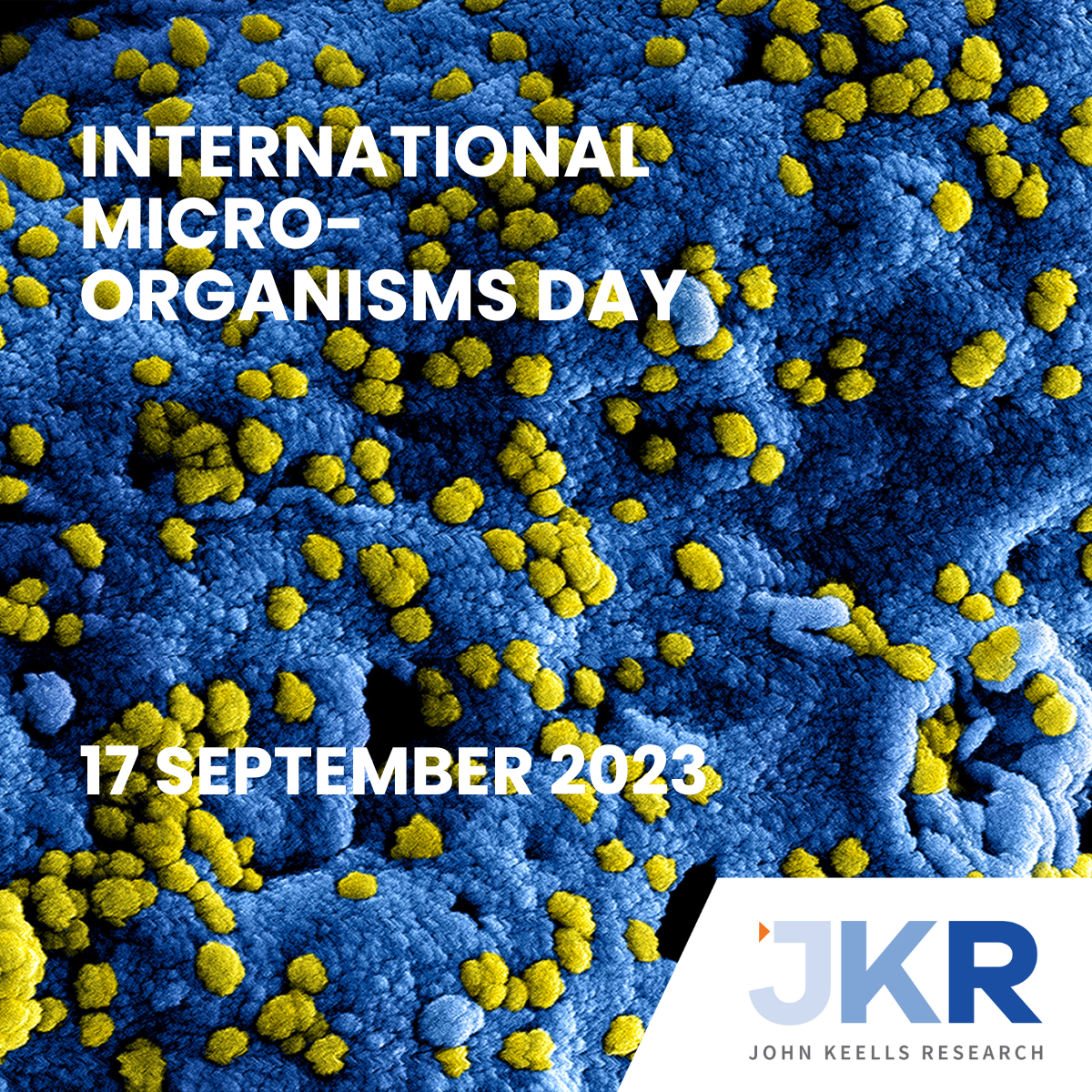by Rashini Fernando
Microbes play a surprisingly large role in life on earth. Humans depend on microbial communities, which include bacteria, viruses, fungi, and many other tiny life forms in more ways than you can imagine. International Microorganism Day is celebrated on 17th of September annually, to promote the diversity of microorganisms and to encourage everyone to recognize and celebrate the many ways microscopic organisms are important in our daily lives. This article addresses the importance of bacteria in fighting against the world’s plastic problem.
Plastics are an inevitable necessity in every sector of the economy all over the world. Excessive plastic production and release into the environment highlight the need to tackle the environmental damage caused by plastic (Allen et al., 2003). Microbes can recycle the primary elements that make up all living systems, especially carbon (C), oxygen (O), and nitrogen (N). Scientists are paying an extensive amount of attention to understand the interaction between microbes and polymers to overcome plastics associated environmental problems.
Although reuse and recycling represent the most sustainable solutions in plastic waste management, conventional methods such as mechanical and chemical recycling, have some considerable downsides. Mechanical recycling leads to a loss of polymer quality whereas chemical recycling requires the application of high temperatures and toxic solvents(Rüthi et al., 2023). Generally, it is accepted that plastic waste can permanently be eliminated through incineration. However, unburned material still exists in the form of microplastics (size of < 5 mm) which lead to severe health effects like carcinogenicity and mutagenicity. Therefore, there is a need to degrade plastic without causing any harm to the environment. Scientists have now discovered several microorganisms including bacteria, actinomycetes, and fungi that have the capability to convert both natural and synthetic plastics into non-toxic biogases and biomass(Allen et al., 2003).
In 2016, Japanese scientists discovered that, a species of bacteria, namely, Ideonella sakaiensis was “eating” plastic bottles outside a recycling facility. By analyzing the bacteria, scientists found out that it produced two digestive enzymes called hydrolyzing PET or PETase which interact with PET plastic and cleave it into non-toxic shorter chains. It has been observed that degradation of plastics by bacteria occur in three steps as, attachment on the surface of polymer, degradation of the polymers by secreting enzymes to obtain energy for their growth, and cleavage of large polymers into monomers and oligomers which are nontoxic and low in molecular weight(Danso et al., 2019). Following the discovery of plastic-eating bacteria, scientists have worked on improving the efficacy of PETase enzyme production through genetic engineering. Also, scientists have worked on introducing the gene which produces the specific enzyme to other bacterial species such as Escherichia coli that are more efficient at enzyme production with the aim of turning them into PETase factories (Lixia etal., 2021). Although there is a promise that several bacteria have the capability to degrade plastics we are still away from widespread commercial use.
Additionally researchers at the University of Edinburgh have produced vanillin (primary component of vanilla bean extract), from the degraded monomers of PET plastic through a series of chemical reactions. It is believed to be fit for human consumption with several further investigations. The global demand for vanillin exceeded 40,000 tons in 2018 and is made from chemicals of fossil fuels. Therefore, producing vanillin from a byproduct of degraded plastics could be an eco -friendly solution.
John Keells Group, the largest conglomerate listed on the Colombo Stock Exchange, launched its Social Entrepreneurship Project, Plasticcycle, in July 2017, with the vision of being a catalyst in significantly reducing plastic pollution in Sri Lanka. Earlier this year, Plasticcycle, together with John Keells X – the Group’s Start-up accelerator and John Keells Research – the Group’s R & D and Innovation arm launched Start-Up-Cycle, a challenge platform which aims to provide Sri Lankan innovators and entrepreneurs the opportunity to present their sustainable long-term solutions to combat plastic pollution in Sri Lanka.
References
Allen, N. S., Edge, M., Mourelatou, D., Wilkinson, A., Liauw, C. M., Dolores Parellada, M., Barrio, J. A., & Ruiz Santa Quiteria, V. (2003). Influence of ozone on styrene–ethylene–butylene–styrene (SEBS) copolymer. Polymer Degradation and Stability, 79(2), 297–307. https://doi.org/10.1016/S0141-3910(02)00293-8
Danso, D., Chow, J., & Streita, W. R. (2019). Plastics: Environmental and biotechnological perspectives on microbial degradation. In Applied and Environmental Microbiology (Vol. 85, Issue 19). American Society for Microbiology. https://doi.org/10.1128/AEM.01095-19
Lixia Shi, Haifeng Liu, Songfeng Gao, Yunxuan Weng, and Leilei Zhu. Journal of Agricultural and Food Chemistry 2021 69 (7), 2245-2252 DOI: 10.1021/acs.jafc.0c07469
Rüthi, J., Cerri, M., Brunner, I., Stierli, B., Sander, M., & Frey, B. (2023). Discovery of plastic-degrading microbial strains isolated from the alpine and Arctic terrestrial plastisphere. Frontiers in Microbiology, 14. https://doi.org/10.3389/fmicb.2023.1178474

